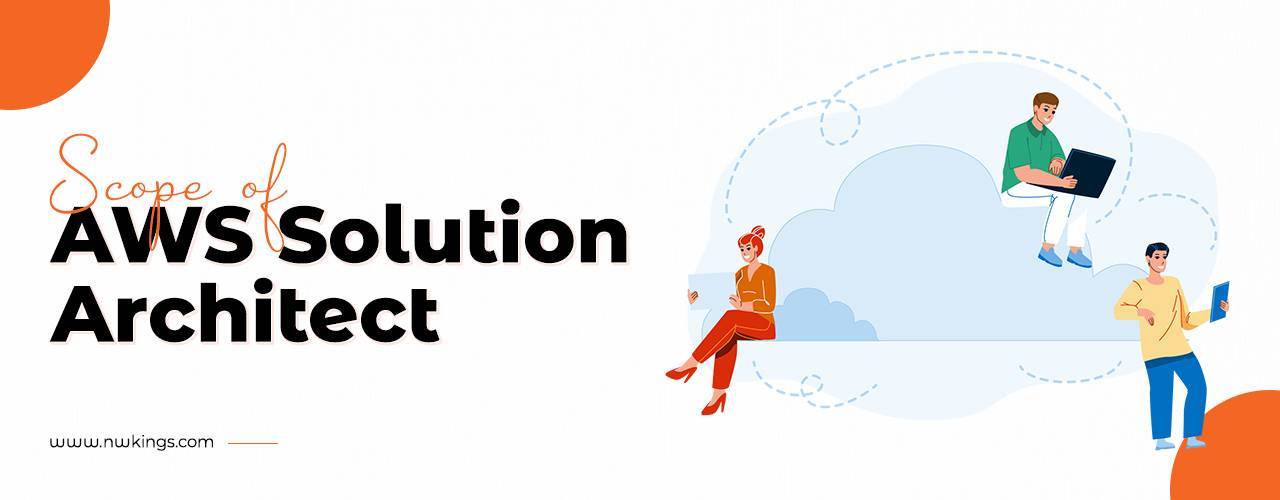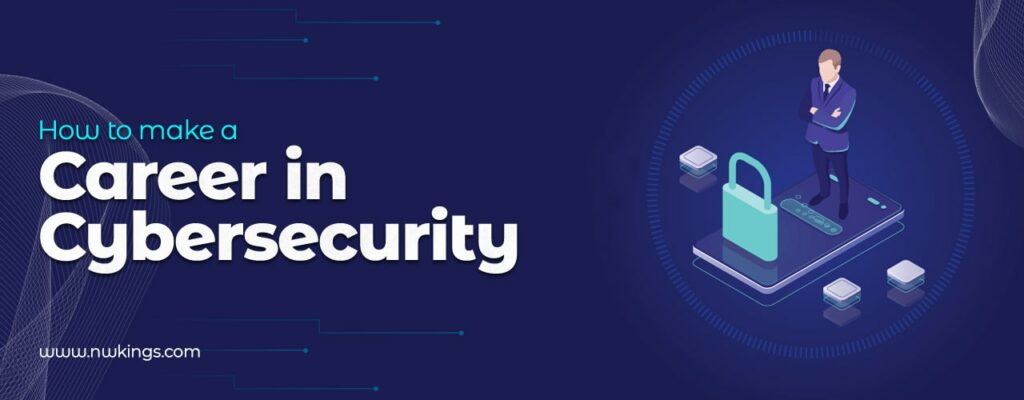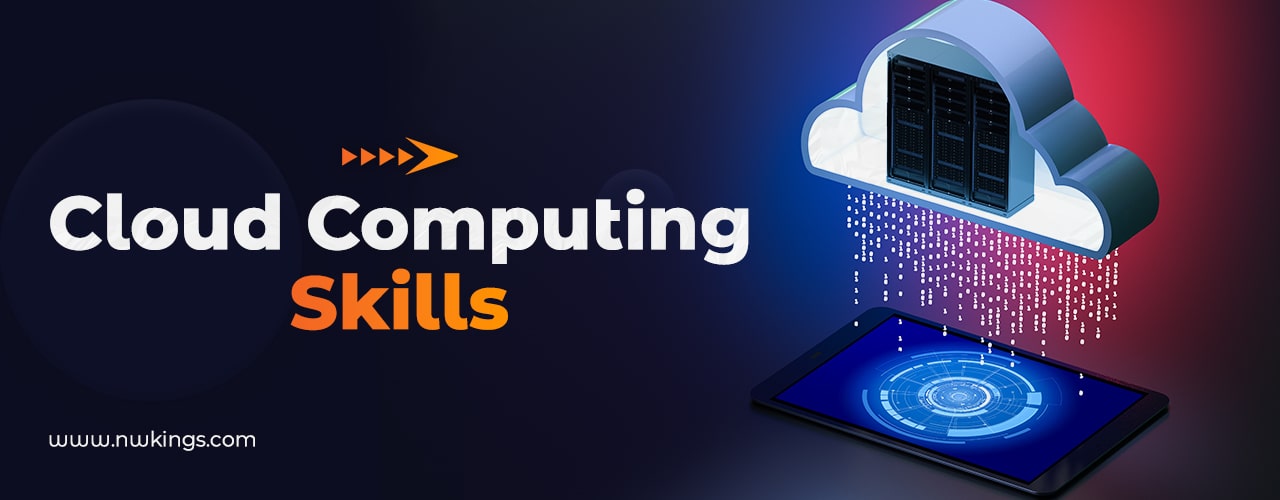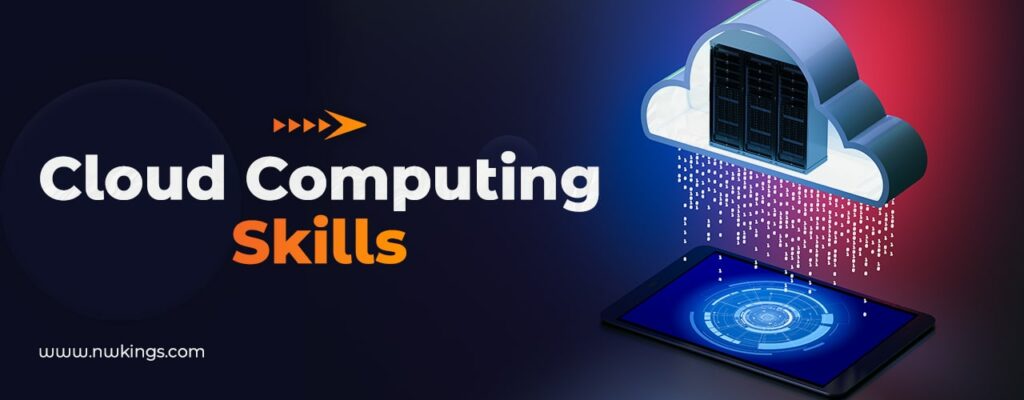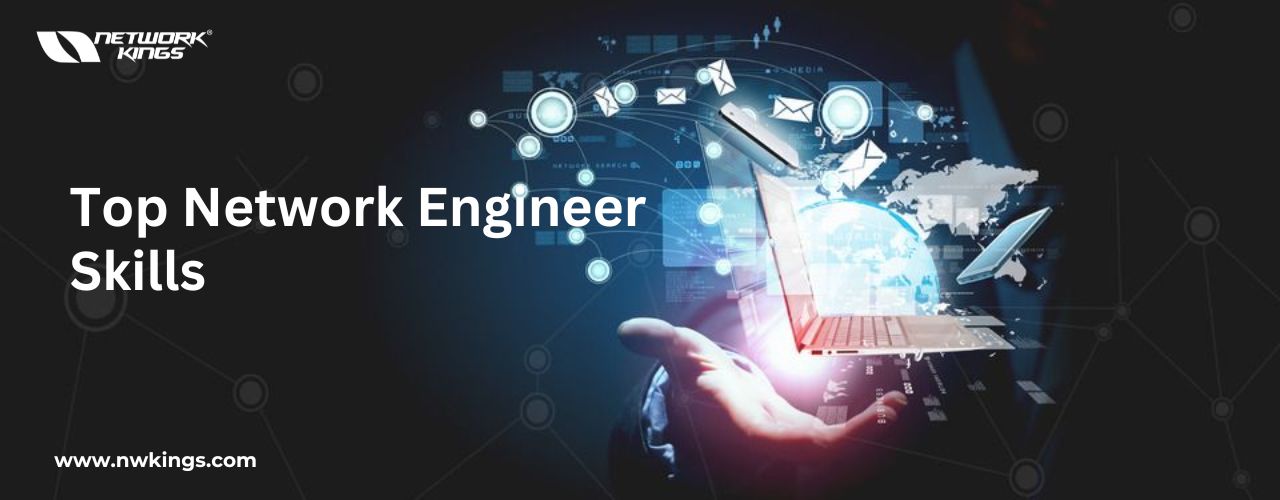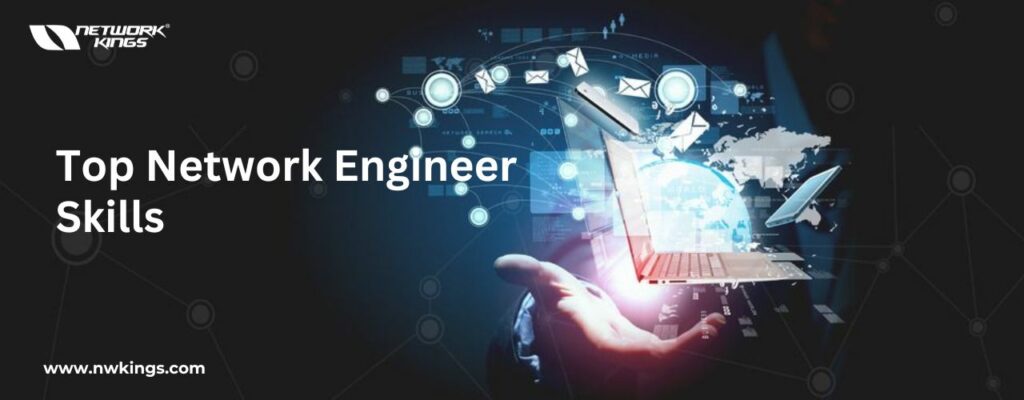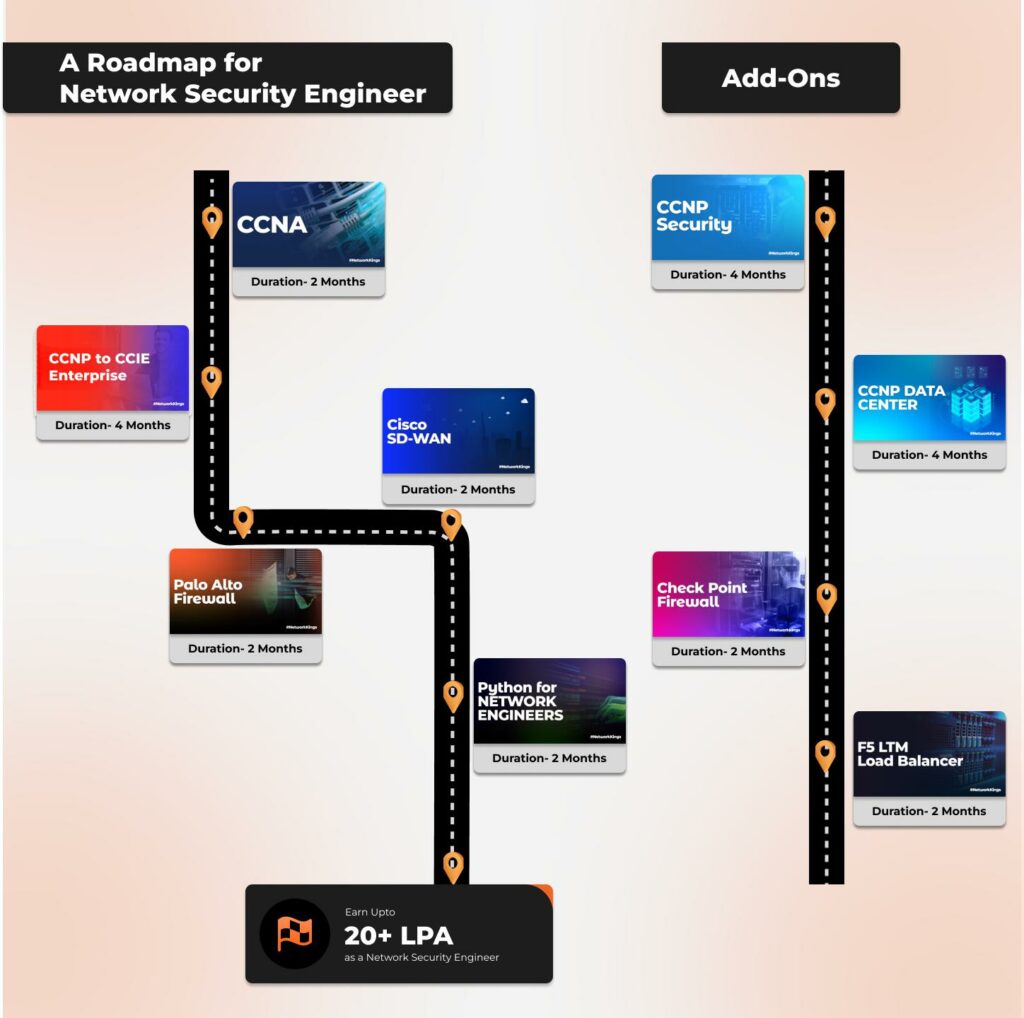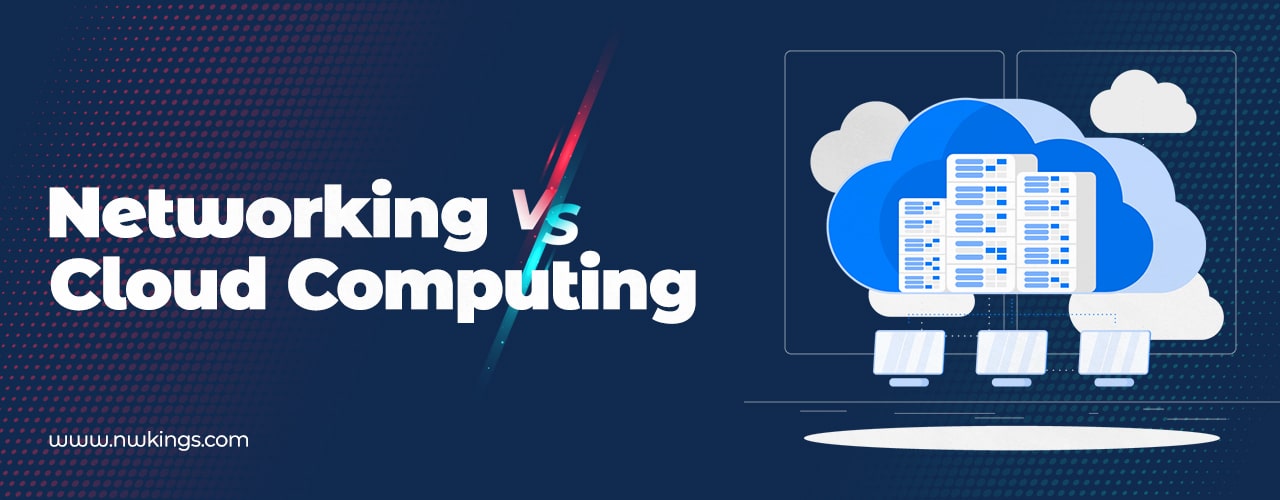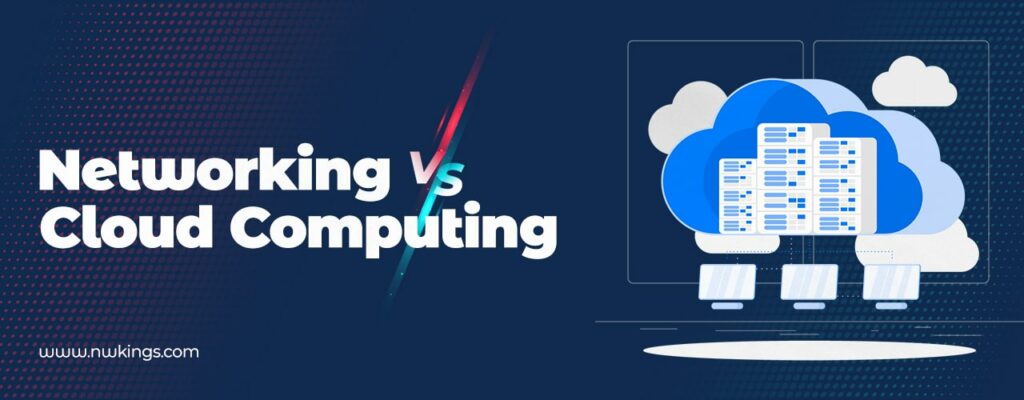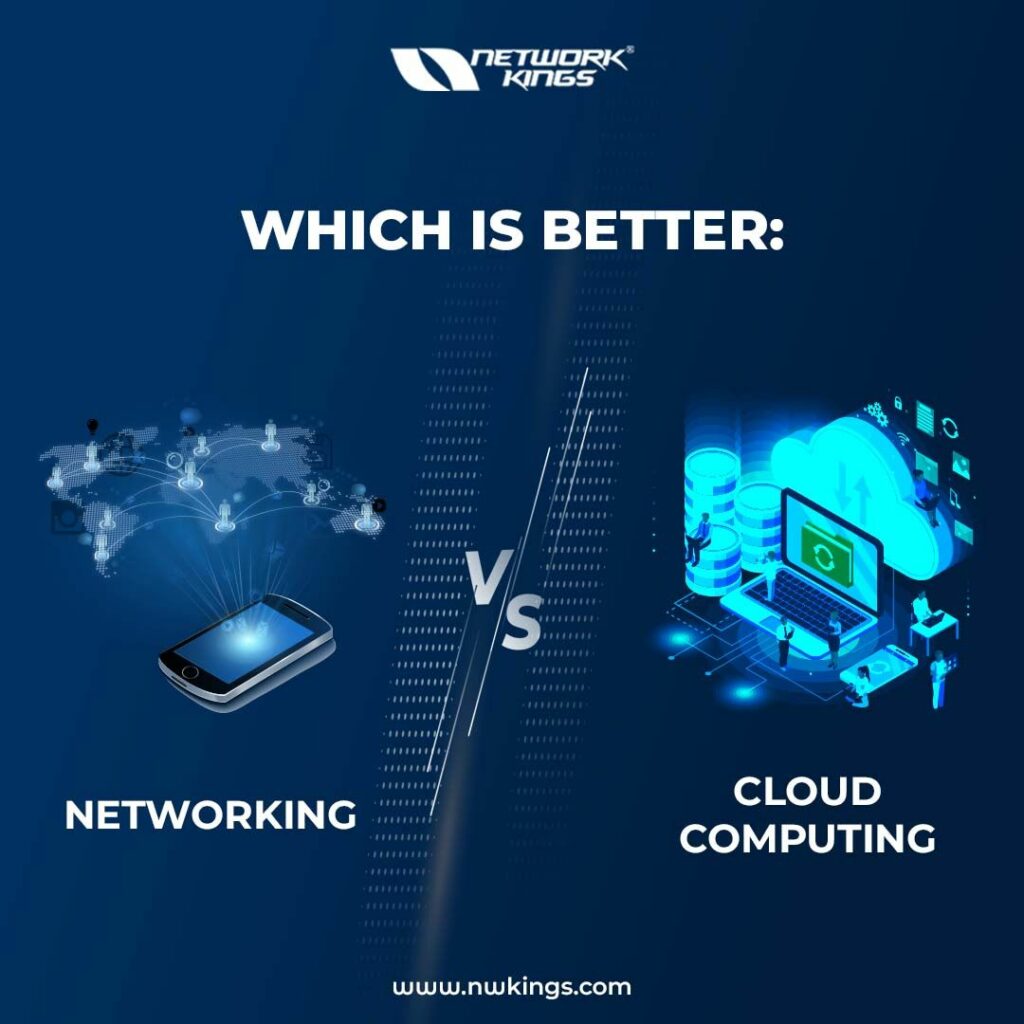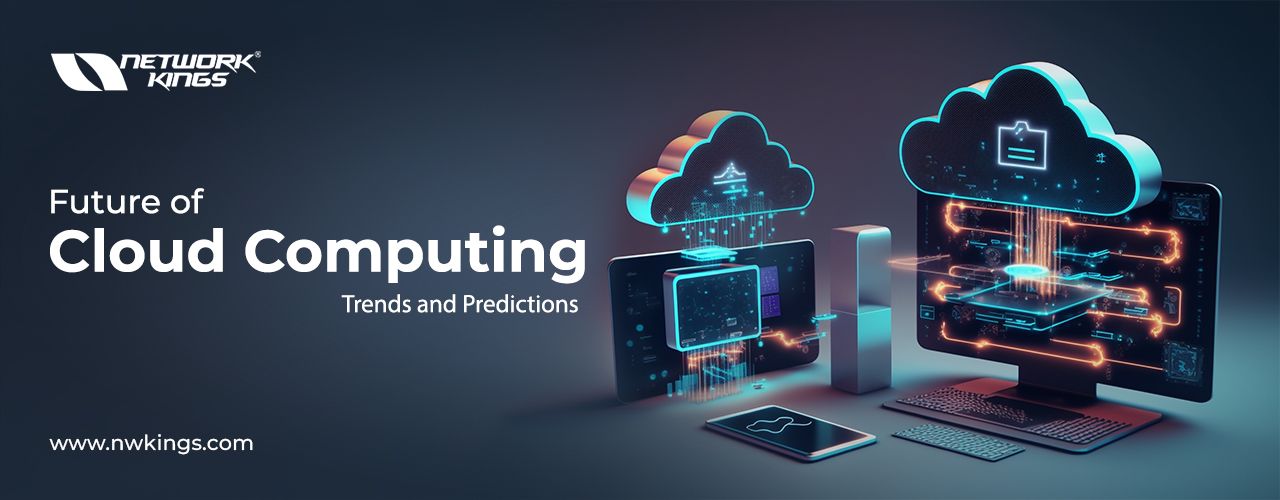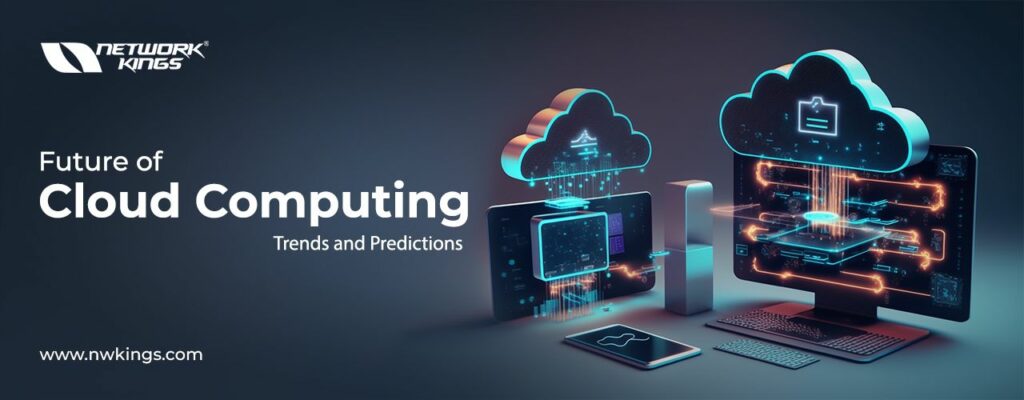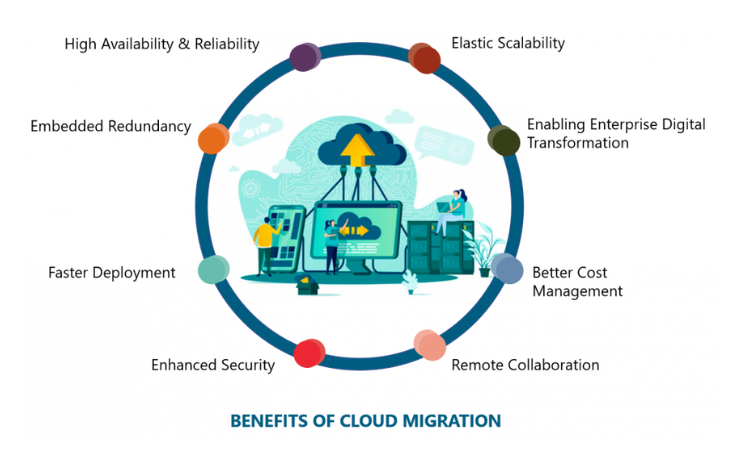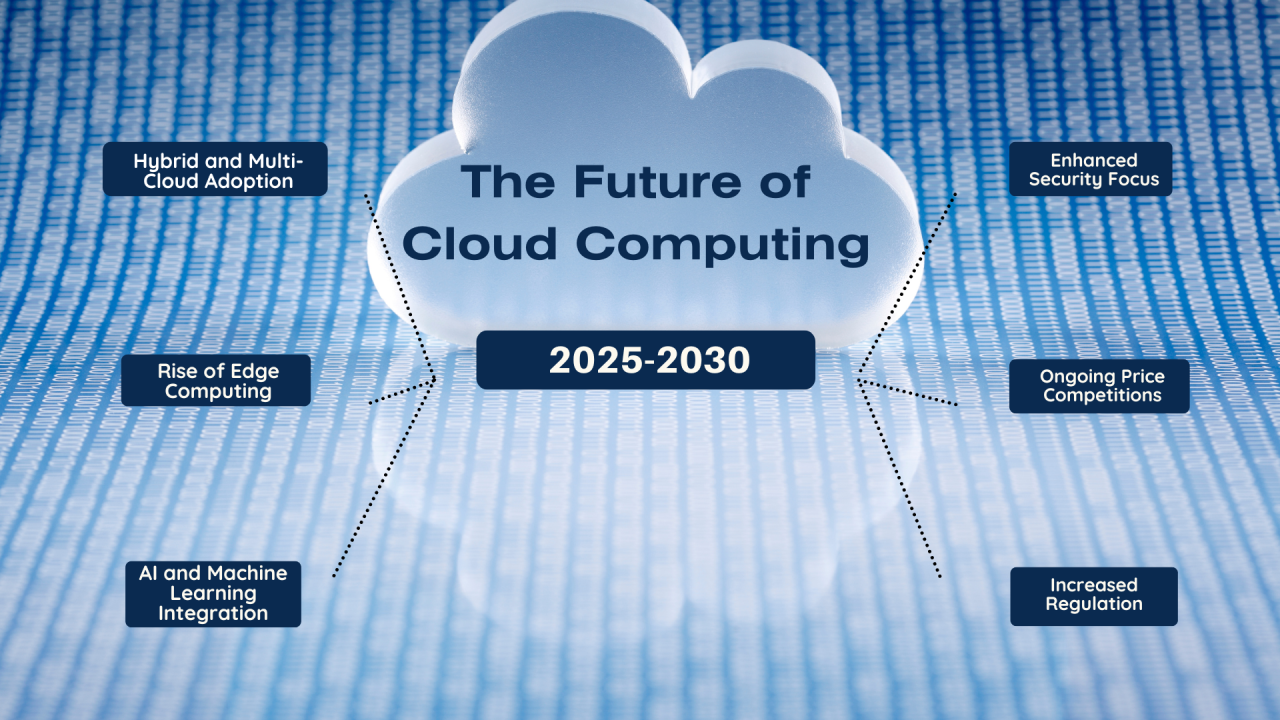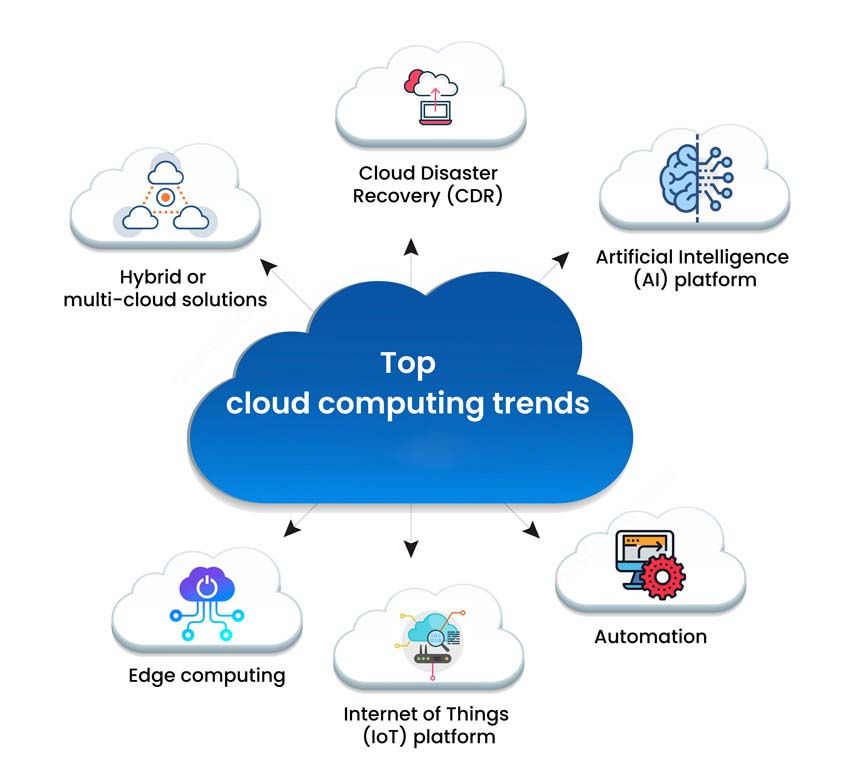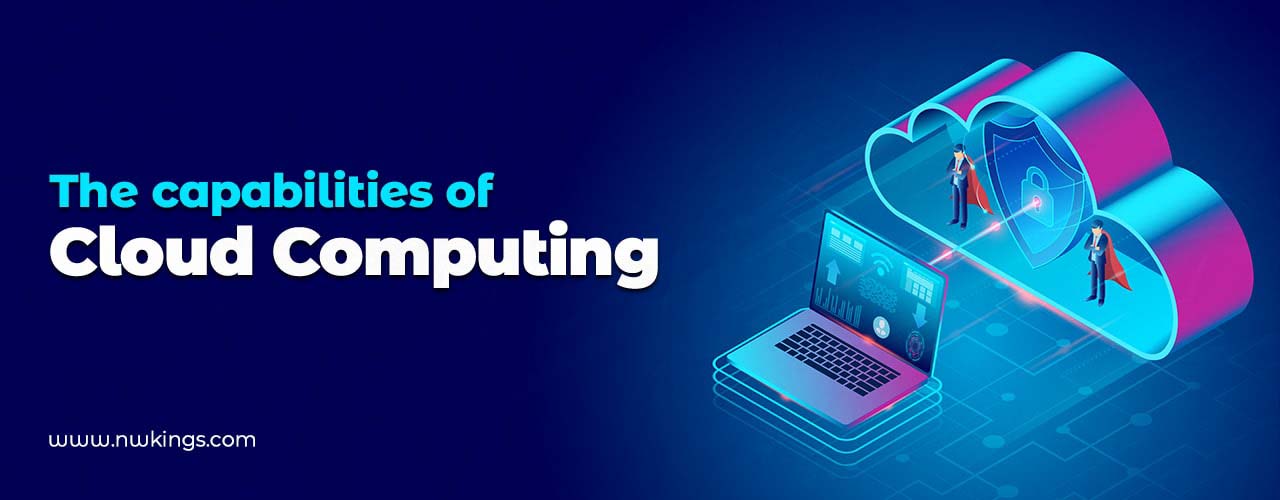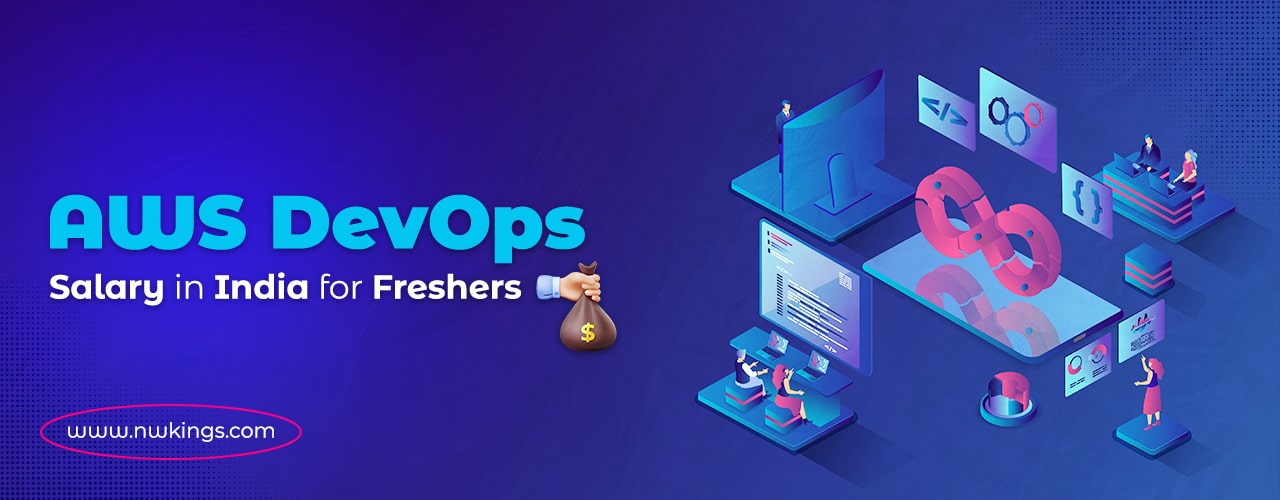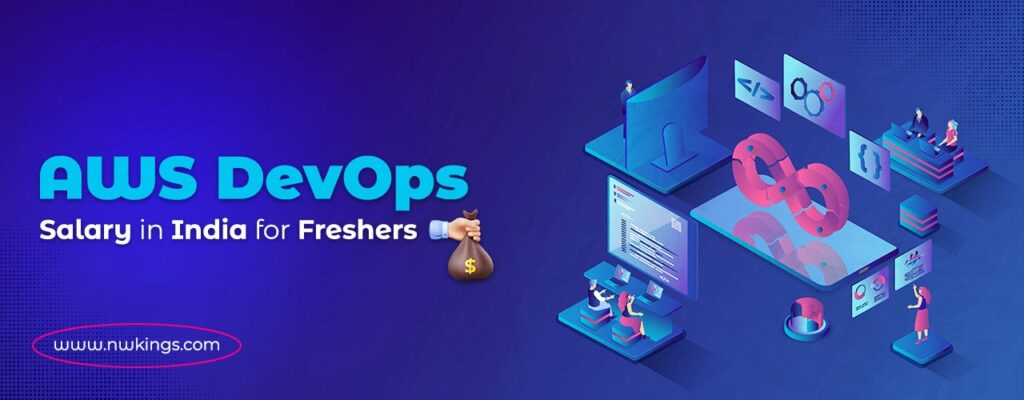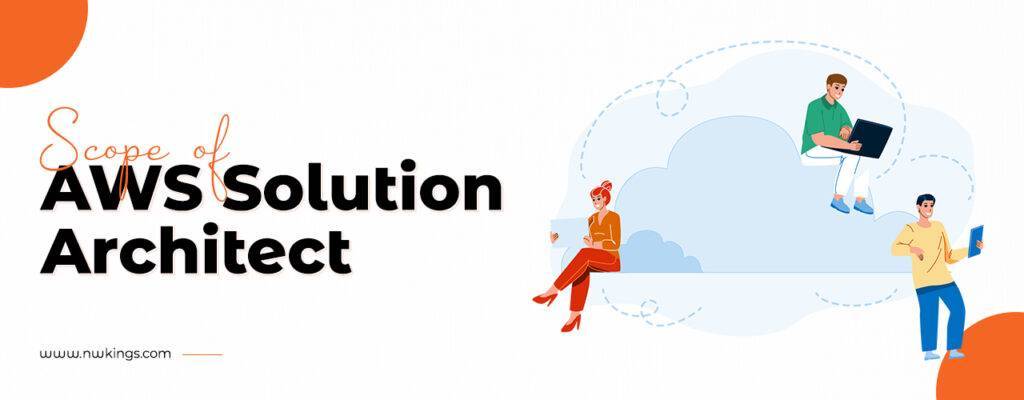
The Future Scope of AWS (Amazon AWS Solutions Certificate) : The tech giant is growing with each passing day and has wrapped the whole world in its arms. Soon this giant will swallow almost everything. No human can ever imagine life without thinking of this giant. Undoubtedly, this giant has become an integral part of our life.
With everything we do, its pros and cons come hand in hand. Technology has made our lifestyle easy but has also harmed us in many other ways. Some people, rather than using technology, misuse it the most for their benefit. Networks, as well as servers, are attacked. And to protect the data from being hacked, one requires Cyber Security experts.
Similarly, those candidates who dream of becoming web developers or handlers Amazon AWS Solutions Certification Course can fulfill all their dreams. If you, too, are looking forward to applying for the same, do read the blog till the end.
What is AWS Solutions Certification? - Amazon
Amazon Web Services Solutions is an intermediate certification course offered by Amazon. It provides cloud computing services which deal with the study of Infrastructure as a Service (IaaS), Platform as a Service (PaaS), and Software as a Service (SaaS).
Scope of AWS Certification Course – AWS Solutions Architect
The Amazon AWS Solutions Certification helps in opening numerous doorways to high-paying jobs. And a few such job roles are enlisted below-
#1 AWS Cloud Architect Certification Scope
An AWS Cloud Architect is an expert in architectural principles and services of the AWS program. The person is responsible for designing, deploying, testing, and implementing highly scalable and fault-tolerant applications on AWS for the formation of the Cloud.
Skills Required:
An AWS Cloud Architect should have the following skills-
- Knowledge of JAVA and Python
- Understanding of Networking
- Fundamental understanding of Data Storage
- Excellent communication skills
- A creative mind
- 2-4 years of experience in Web and Cloud Services
Salary After AWS Cloud Architecht Certification:
An AWS Cloud Architect can earn a salary package ranging from 0.5 LPA to 15 LPA, depending upon the experience.
#2 Scope of SysOps Administrator Certification
SysOps Administrator is responsible for configuring and deploying cloud management services on AWS in the IT company. The person also needs to manage and monitor numerous AWS Cloud services.
Skills Required:
A SysOps Administrator should have the following skills-
- Understanding of Operating System Administration
- Knowledge of Monitoring and Auditing Systems
- Excellent communication skills
- Risk Management skills
- Extensive knowledge of Web Services
Salary After SysOps Administrator Certification:
A SysOps Administrator can earn a salary package ranging from 0.7 LPA to 8 LPA, depending on the experience.
#3 Scope in Cloud Developer Certification
A Cloud Developer builds and designs useful websites, programs, and applications from the beginning or uses templates and other predefined resources. The person is also responsible for creating computer applications and software.
Skills Required:
A Cloud Developer should have the following skills-
- Knowledge of Cloud Services
- In-depth understanding of designing Cloud-based applications
- A critical mind
- Good communication skills
- Ability to learn quickly
- A keen observer
Salary After Cloud Developer Certification:
A Cloud Developer can earn a salary package ranging from 0.5 LPA to 14.5 LPA, depending upon the experience.
#4 Cloud Sales and Purchase Manager
A Cloud Sales and Purchase Manager is mainly responsible for securing the Enterprise Cloud Services, Hosting, and Data Center services. They also provide Cloud Services across all the verticals and also help to develop a network of high-quality Cloud service providers for upselling and cross-selling that help to identify and generate new leads and business opportunities through different mediums.
Skills Required:
A Cloud Sales and Purchase Manager should have the following skills-
- Basic understanding of Cloud Fundamentals
- Knowledge of Price Economics
- Pricing and Scalability skills
- Attention to detail
- 2-3 years of experience in Sales
- Convincing Attitude
- Excellent communication skills
- Commercial and Business Awareness
Salary After Cloud Sales and Purchase Manager:
A Cloud Sales and Purchase Manager can earn a salary package ranging from 1.5 LPA to 15 LPA, depending upon the experience.
Eligibility for Amazon AWS Solutions Certification
There are no specific prerequisites for availing of the Amazon AWS Solutions Certification. A few mandatory ones are as follows-
- 2-3 years of experience in Networking and Cloud Services
- Graduation in the field of Engineering
- 50% in Graduation
- 2-3 years of experience in Web Services
- Basic understanding of Web
- Fundamental knowledge of Amazon Services
- Creative and Analytical mind
- Attention to detail
- Excellent management skills
- Team Leading skills
- Problem-Solving skills
- Extensive communication skills
- In-depth knowledge of Amazon
Learning Objectives
After enrolling in the Amazon AWS Solutions Certification course’s training, one gets to learn the following objectives in detail-
- Cloud Fundamentals
- Service Delivery Models
- Service Deployment Models
- Pricing & Scaling
- Fundamentals of Virtualization
- Fundamentals of Containerization
- Price Economics
- Cloud Computing Virtualization
- Important Virtualization Terminologies
Exam pattern of Amazon AWS Solutions Certification Course
The Amazon AWS Solutions Certification exam comprises 40-50 questions that one needs to solve in 130 minutes. The candidate is required to score 72% or 720 marks out of 1000 to claim the certification. The Amazon AWS Solutions certification is only valid for Three years, and one is supposed to get it recertified every three years.
The exam costs 150 USD, and one is free to make as many attempts to clear the exam that can get scheduled online as well as offline at any desired place in the following languages-
- Korean
- Chinese
- English
- Japanese
Salary After Amazon AWS Solutions Certification
After receiving theAmazon AWS Solutions Certification, one can get a salary package ranging from 0.5 LPA to 5 LPA, depending upon the experience.
Wrapping Up!
Amazon AWS Certification Course is an intermediate-level certification course that helps to train an enrolled candidate to deal with cloud and web services. The AWS course provides complete and in-depth knowledge of Infrastructure as a Service (IaaS), Platform as a Service (PaaS), and Software as a Service (SaaS).
After completing the AWS training, one can easily join big IT firms and work as an associate as well as a professional, depending upon the experience. The Amazon AWS Solutions certification is also in a high-demand these days.
Enroll now! For further queries, feel free to ask. Good Luck!

